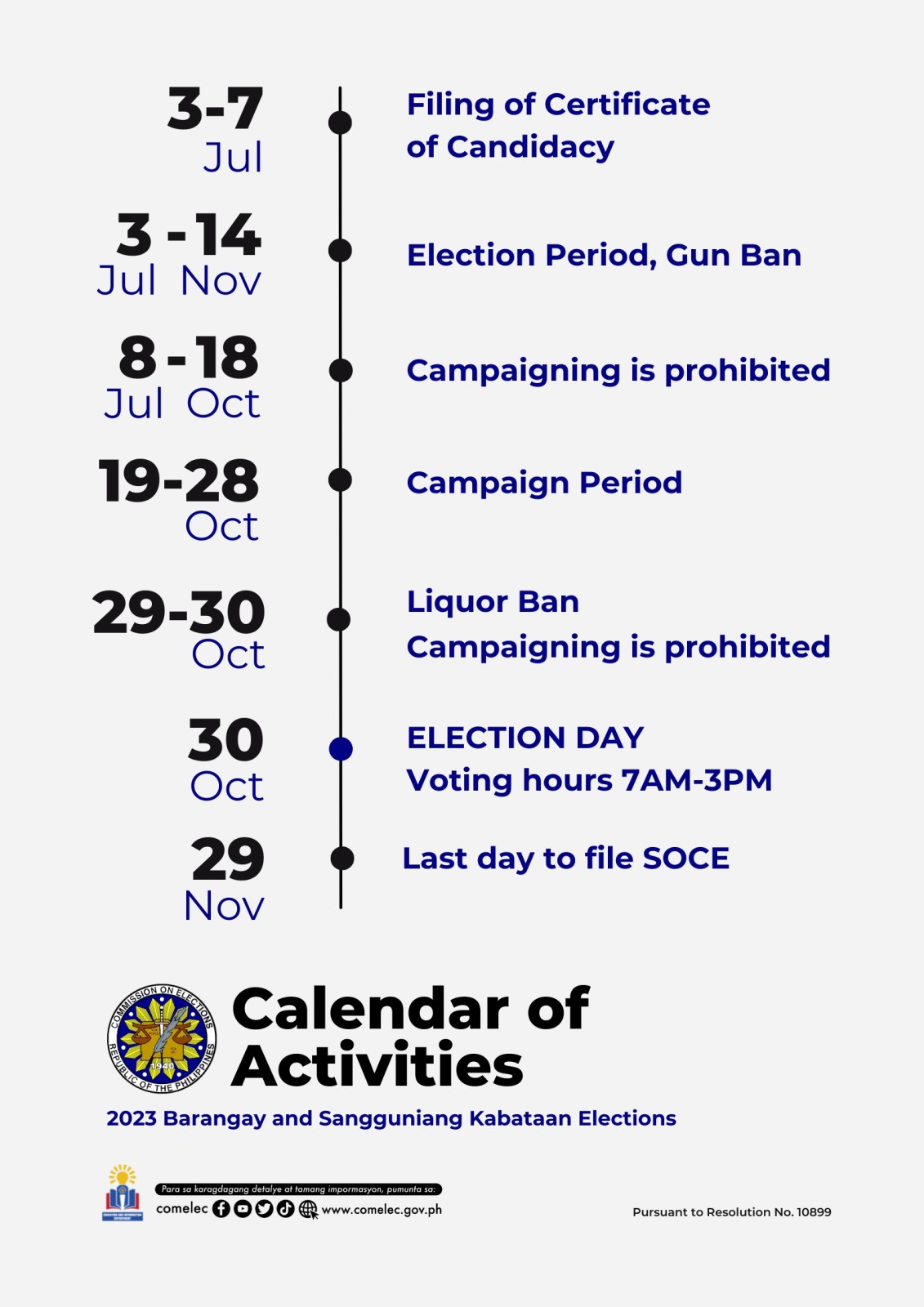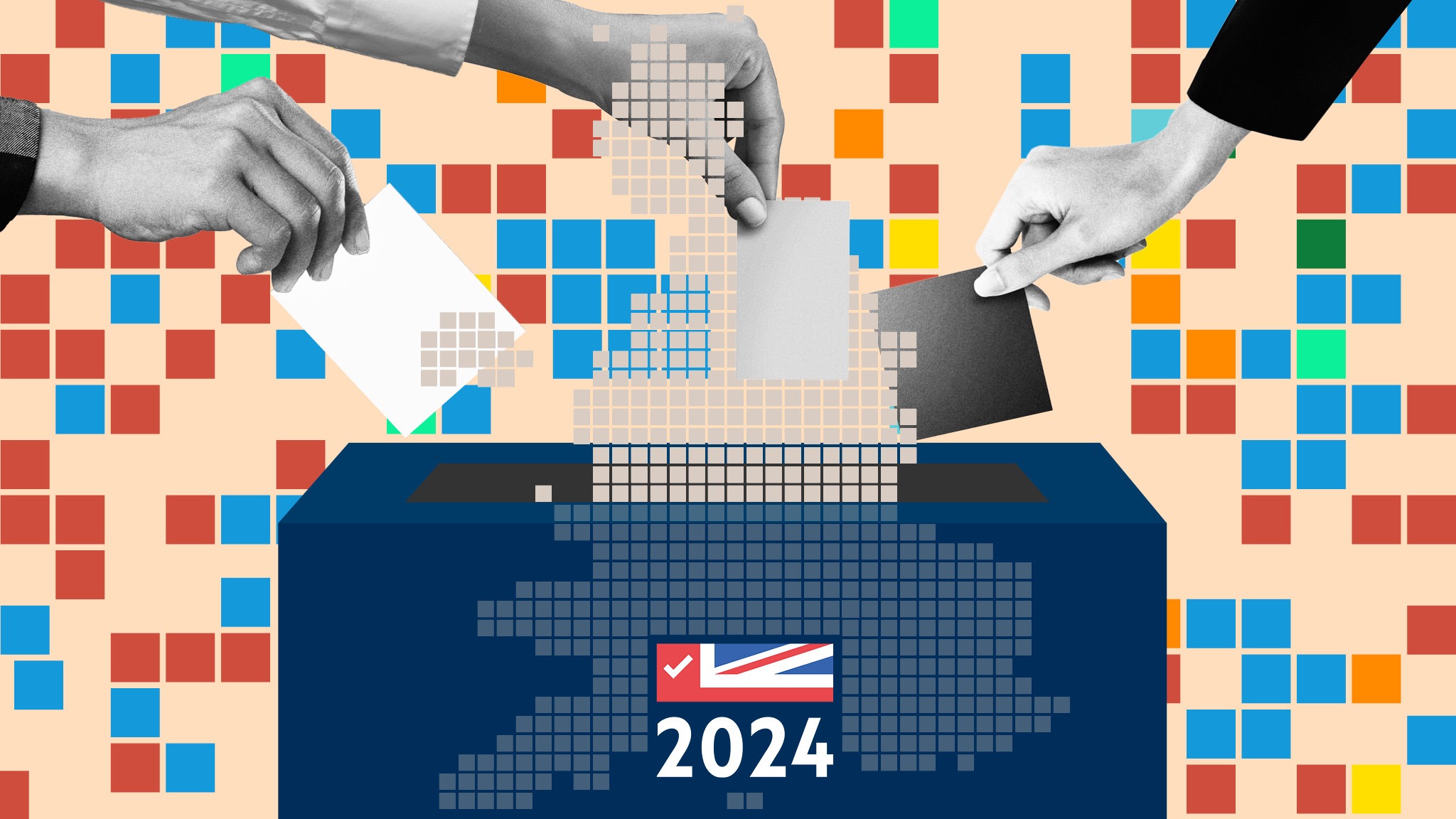Unveiling The Power Of Election: Your Voice, Your Future
Hey there, fellow citizen! Ever wondered how much power you hold when it comes to election? Yep, you read that right—election isn’t just some distant political event; it’s your chance to shape the world around you. It’s like picking the captain of your ship, deciding what direction your community sails in. So, before we dive deep, let’s get one thing straight: your vote matters. And not just a little—it’s a big deal, amigo!
Now, you might be thinking, "But there are millions of people voting, how can my single vote make a difference?" Well, my friend, history has shown us time and again that elections have been won or lost by the slimmest of margins. Sometimes, it’s just a handful of votes that tip the scale. So, every vote counts, including yours. Let’s explore why this process is so crucial and how you can make your voice heard.
Before we get into the nitty-gritty, let’s talk about why understanding election is more important now than ever. With so much misinformation floating around, it’s easy to get lost in the noise. But by arming yourself with knowledge, you can navigate the political landscape with confidence. Ready to dive in? Let’s go!
Read also:Ken Curtis The Man Who Rode Tall In Hollywood And Beyond
Here’s a quick guide to what we’ll cover:
- What is Election?
- Why Election Matters
- Types of Elections
- The Voting Process Explained
- A Brief History of Elections
- How to Register and Cast Your Vote
- Common Challenges in Elections
- The Impact of Elections on Society
- The Future of Elections
- Wrapping It Up
What is Election?
Alright, let’s start with the basics. An election is essentially a process where people choose their representatives or leaders through a vote. Think of it as a giant decision-making moment for a community, state, or even a country. Elections can happen at various levels—local, state, national—and each one plays a crucial role in shaping governance.
Now, elections aren’t just about picking names on a ballot. They’re about deciding who gets to make the big decisions that affect your daily life—things like healthcare, education, taxes, and more. It’s like picking the team that will run the show for the next few years. So, yeah, it’s kinda a big deal.
Key Features of Election
Here are some key features that define an election:
- Free and Fair: Elections should be conducted without bias or manipulation.
- Secret Ballot: Your vote is private, and no one should know who you voted for unless you tell them.
- Inclusive: Everyone who meets the criteria should have the right to vote.
- Transparent: The process should be open to scrutiny to ensure fairness.
Why Election Matters
So, why does election matter so much? Well, it’s the backbone of democracy. Without elections, we wouldn’t have a say in how things are run. It’s our way of holding leaders accountable and making sure they work for the benefit of the people. Elections give us the power to choose leaders who align with our values and priorities.
Think about it this way: if you didn’t vote, you’d be leaving the decision to someone else. And who knows? They might not share your views on important issues like climate change, economic policies, or social justice. So, by participating in elections, you’re not just voting for a candidate—you’re voting for the kind of world you want to live in.
Read also:Ashley Hesseltine Net Worth The Untold Story Of Success And Influence
Why Your Vote Counts
Here are a few reasons why your vote is more powerful than you think:
- Close Races: Many elections are decided by a small margin, so your vote could be the deciding factor.
- Local Impact: Local elections often have a more direct impact on your daily life than national ones.
- Representation: Voting ensures that your voice is heard and your needs are represented.
Types of Elections
Not all elections are created equal. There are different types of elections, each serving a specific purpose. Let’s break them down:
1. General Elections
These are the big ones where you vote for national leaders, like presidents or prime ministers. They usually happen every few years and determine the direction of the country.
2. Midterm Elections
Midterms occur halfway through a leader’s term and focus on electing members of legislative bodies, like congress or parliament. They’re a chance to check in on how things are going.
3. Local Elections
Local elections are all about community-level decisions. You vote for mayors, city council members, and school board officials. These elections directly affect your neighborhood.
The Voting Process Explained
Now, let’s talk about how the voting process works. It’s pretty straightforward, but there are a few steps you need to follow to make sure your vote counts:
First, you need to register to vote. This is usually done online or at a local government office. Once you’re registered, you’ll receive information about where and when to vote. On election day, you head to your polling station, show your ID, and cast your ballot. Easy peasy, right?
Steps to Casting Your Vote
- Register: Make sure you’re on the voter rolls.
- Research: Learn about the candidates and issues.
- Vote: Head to the polls and make your choice.
A Brief History of Elections
Elections have been around for centuries, evolving over time to become the democratic processes we know today. From ancient Greece to modern-day democracies, the concept of choosing leaders through voting has shaped societies worldwide.
In the U.S., for example, the first presidential election took place in 1789, and since then, the system has grown and adapted to include more people and ensure fairness. It’s a fascinating journey that highlights the importance of participation and progress.
How to Register and Cast Your Vote
Okay, so you’re convinced that voting is important. Now, how do you actually do it? Here’s a quick guide:
First, check your registration status. If you’re not registered, head to your local government’s website and follow the instructions. Once you’re all set, mark your calendar for election day and make a plan to vote. Some places even offer early voting or mail-in ballots, so you have options.
Tips for Voting
- Know Your Polling Place: Find out where to vote ahead of time.
- Bring ID: Most places require some form of identification.
- Be Informed: Study the candidates and issues before you vote.
Common Challenges in Elections
Of course, elections aren’t without their challenges. Issues like voter suppression, misinformation, and logistical problems can make the process difficult. But don’t let that discourage you. There are organizations and initiatives working hard to ensure that everyone has a fair chance to vote.
For example, many groups offer voter education programs and assistance to help people navigate the system. It’s all about making sure that every voice is heard.
Solutions to Election Challenges
- Advocacy Groups: Support organizations fighting for voting rights.
- Education: Stay informed about the issues and candidates.
- Technology: Use apps and tools to track polling places and results.
The Impact of Elections on Society
Elections have a profound impact on society. They determine everything from healthcare policies to environmental regulations. By choosing leaders who align with our values, we can create a better future for everyone. It’s like planting seeds that will grow into the kind of world we want to live in.
For instance, recent elections have led to significant changes in areas like climate policy, social justice, and economic reform. These shifts reflect the will of the people and show the power of collective action.
The Future of Elections
As technology advances, the future of elections is likely to change. We might see more digital voting options, increased security measures, and even blockchain technology to ensure transparency. But one thing remains constant: the importance of participation.
No matter how the process evolves, your vote will always matter. So, keep informed, stay engaged, and make your voice heard. The future depends on it.
Wrapping It Up
There you have it, folks—a deep dive into the world of election. From understanding the basics to navigating the challenges, we’ve covered a lot of ground. Remember, your vote is your power. It’s the key to shaping the world around you and ensuring that your voice is heard.
So, what are you waiting for? Get out there, register to vote, and make a difference. Share this article with your friends, leave a comment, and let’s keep the conversation going. Together, we can create a brighter future. Cheers!


